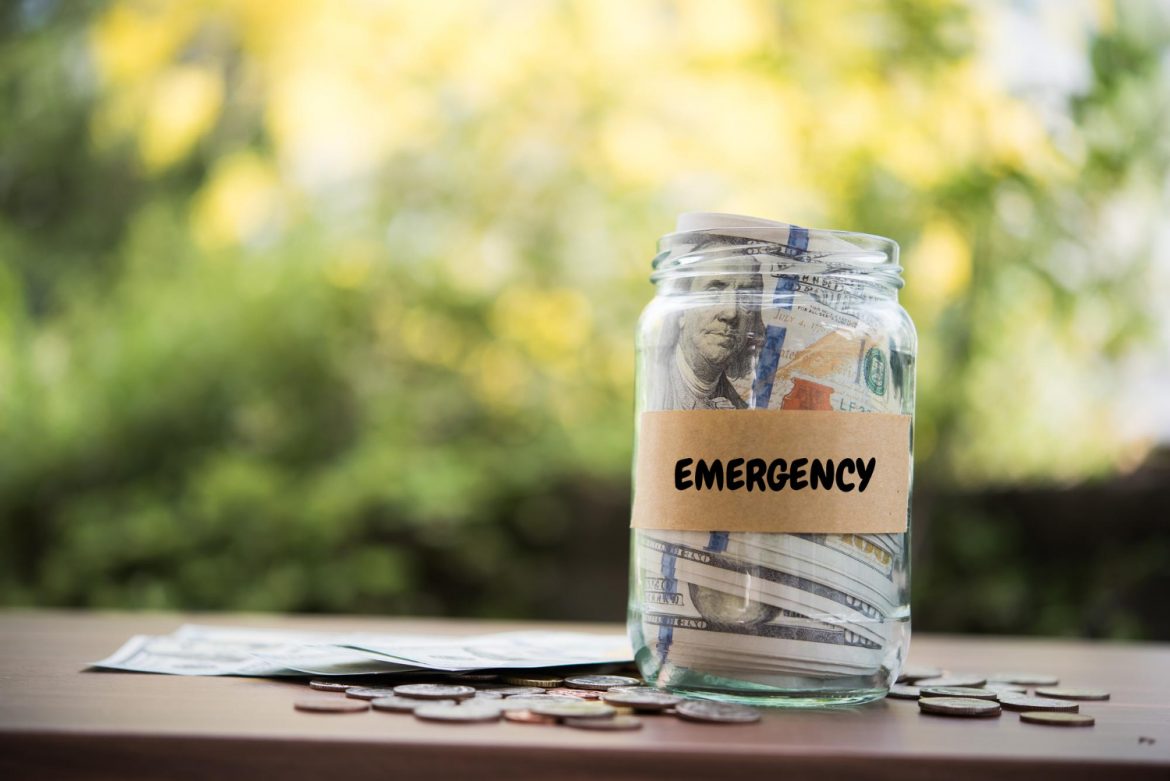Life is full of surprises, and not all of them are pleasant. From sudden car repairs to unexpected medical bills or even job loss, unforeseen expenses can wreak havoc on your financial stability. That’s where the importance of having emergency funds comes into play. An emergency fund serves as a safety net, providing peace of mind and financial security when life throws you a curveball.
Understanding the Significance of Emergency Funds
Imagine this scenario: your car breaks down unexpectedly, and you’re faced with a hefty repair bill. Without an emergency fund to fall back on, you may be forced to dip into your savings. In worst cases, take out a high-interest loan. This not only adds stress but also sets you back financially.
Having an emergency fund allows you to weather such storms without derailing your long-term financial goals. Whether you are covering essential expenses during a job loss, or dealing with home repairs, an emergency fund provides a cushion to tide you over during tough times.
Moreover, an emergency fund can prevent you from falling into a cycle of debt, as you won’t need to rely on credit cards or loans to cover unexpected expenses. By having a financial safety net in place, you’re better equipped to face life’s uncertainties with confidence and resilience.
Tips for Establishing and Maintaining an Emergency Fund
Building an emergency fund may seem daunting, especially if you’re living paycheck to paycheck. However, with careful planning and discipline, it’s entirely achievable. Use these tips to help you get started:
- Set Clear Goals: Determine how much you need to save for emergencies based on your monthly expenses, income stability, and potential financial risks. Aim to save at least three to six months’ worth of living expenses, although having a smaller fund is better than none at all.
- Start Small, But Start Now: Don’t feel pressured to build your emergency fund overnight. Start by setting aside a small portion of your income each month, even if it’s just $20 or $50. Consistency is key, so make saving a priority.
- Automate Your Savings: Set up automatic transfers from your checking account to your emergency fund savings account. Treating your emergency fund like any other bill ensures that you’re consistently contributing to it without even thinking about it.
- Cut Unnecessary Expenses: Take a close look at your budget and identify areas where you can trim expenses. Cutting back on non-essential purchases, dining out less frequently, or renegotiating subscriptions can free up extra cash for your emergency fund.
- Utilize Windfalls Wisely: Put any unexpected windfalls, such as tax refunds, bonuses, or monetary gifts, directly into your emergency fund rather than splurging on discretionary items.
- Replenish After Withdrawals: If you need to tap into your emergency fund for a legitimate expense, make it a priority to replenish the funds as soon as possible. Treat it as a loan to yourself and repay it with the same urgency.
Conclusion
In an unpredictable world, having an emergency fund is a financial lifeline that offers stability, and peace of mind. By prioritizing savings and building a cushion for unexpected expenses, you’re safeguarding your financial future and empowering yourself to navigate life’s uncertainties with confidence. Remember, it’s never too late to start building your emergency fund. Take the first step today toward greater financial resilience and peace of mind!
